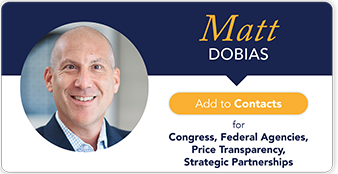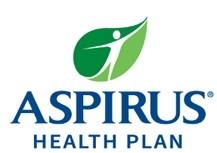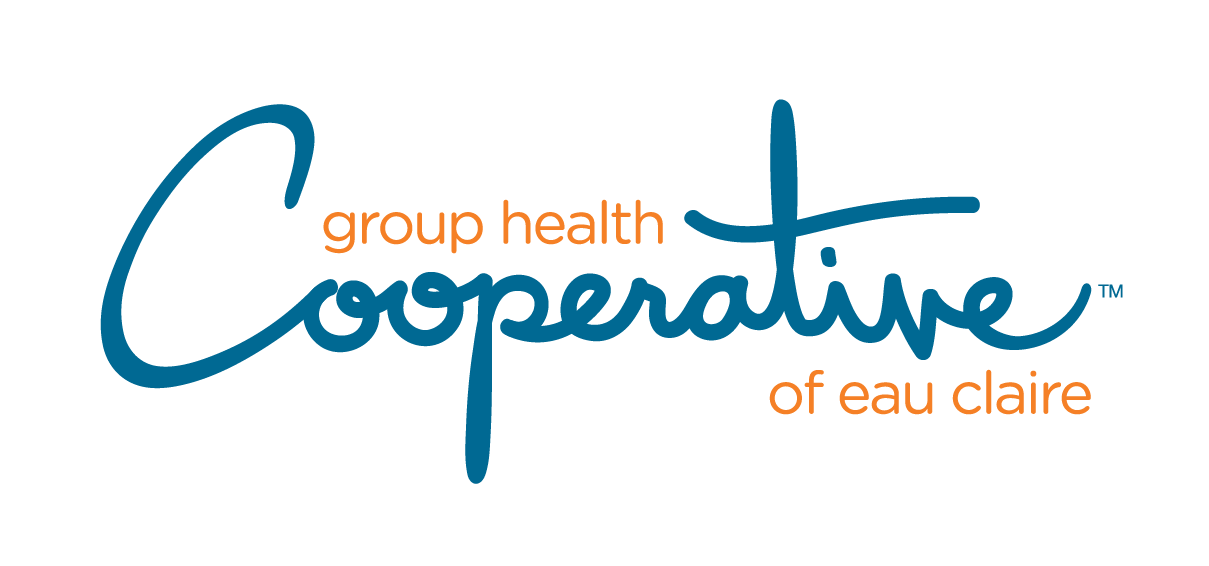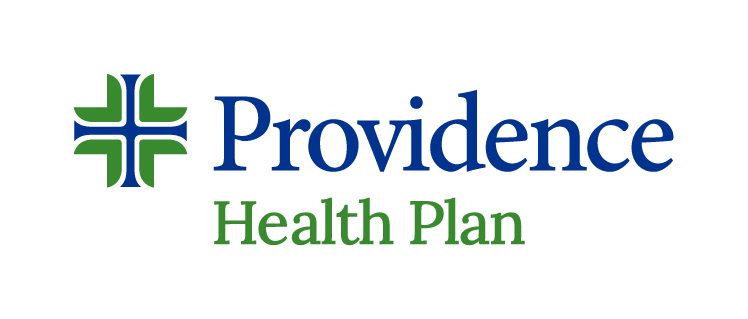Bipartisan legislation in the House and Senate would create equity in the Medicare Advantage telehealth benefit.
Originally published 4/19/2021; updated 8/9/2021
by Matt DoBias
 Millions of seniors in Medicare Advantage (MA) face the potential loss of critically important access to care if Congress or CMS fail to implement common sense solutions to ensure the viability of telehealth within the program.
Millions of seniors in Medicare Advantage (MA) face the potential loss of critically important access to care if Congress or CMS fail to implement common sense solutions to ensure the viability of telehealth within the program.
At issue is the ability for health plans to fully account for a patient’s health when care or treatment is delivered over the phone—a popular choice among seniors who may not have access to video technology, stable broadband or comfort utilizing face-to-face telehealth services. One study that examined the use of these so-called “audio-only” or phone encounters across federally-qualified health centers in California found that 90 percent of all telehealth visits—from March through August last year—were conducted over the phone.
From primary care to behavioral health to physical therapy services, seniors are accessing care via phone in numbers not previously seen before. In the California study, for instance, 63 percent of behavioral health visits were conducted over the phone. And nearly half of primary care visits, 48.5 percent, were conducted over the phone.
During the first months of the COVID-19 pandemic, Alliance of Community Health Plans members saw the use of audio-only telehealth peak across all lines of coverage, with some of the highest increases in MA.
The problem is that CMS does not fully utilize the data that MA health plans capture from audio-only encounters—a policy that is inherently at odds with how CMS treats video services and even telephone consults covered in the individual insurance market. This decision by CMS has real world consequences. In essence, the agency is favoring video services over audio ones, which exacerbates already existing disparities between rural and urban residents, and wealthier and disadvantaged communities. Seniors in the MA program deserve the same access to health care as those who get coverage in the individual market.
For real-world impacts, look no further than Marshfield, Wis.-based Security Health Plan. The nonprofit health plan, which covers large swaths of rural Wisconsin, realized that 60 percent of their MA telehealth visits were audio-only shortly after the pandemic’s lockdown period last year.
Not surprisingly, the increase in audio-only visits at Security corresponded to sizeable reduction to in-person visits. While the audio telehealth visits were welcomed, the health plan now faces significant concerns over its 2021 MA Risk Score calculations since patient conditions treated over the phone will not be accounted for. An inaccurately low risk score could translate into potentially fewer supplemental benefits or higher premiums since the plan’s risk is not correctly calculated.
The downstream impacts for MA and the seniors covered by the program are potentially dire. Without documenting the fullest picture of a patient’s health, MA plans face incomplete payments from CMS, which could lead to higher out-of-pocket costs for beneficiaries and the loss of important benefits including transportation and food services that tens of millions of seniors have come to rely upon.
Physicians echo these concerns. “Telehealth is a spectrum of tools where audio-only, video, text messaging and remote monitoring each have a time and place,” said Dr. Connie Hwang, ACHP Chief Medical Officer and Director of Clinical Innovation. “Clinicians providing telehealth recognize the clinical scenarios where a simple phone call is most efficient and appropriate, where converting to a video visit would neither change nor enhance the care provided.”
CMS is setting a dangerous precedent when it values video encounters differently than it does patient care delivered over the phone, and importantly the impact will affect lower-income seniors the most. Economically, about half of all MA beneficiaries have annual incomes of less than $30,000. MA also now covers more than half of Hispanic American seniors and nearly half —49 percent—of African Americans seniors. As the Biden Administration doubles down on efforts to improve health equity, access to care for these communities – made easy through widely used phone encounters -must be prioritized.
Fortunately there are two commonsense, easy-to-implement fixes Congress and CMS can take to immediately ensure that seniors do not lose access to care:
- Congress must pass bipartisan legislation for audio-only telehealth: Legislation in the Senate (150 – The Ensuring Parity in Medicare Advantage for Audio-Only Telehealth Act) and in the House (HR 2166 – The Ensuring Parity in MA and PACE for Audio-Only Telehealth Act) would allow for consistent use of all telehealth encounters in risk-adjustment across the Medicare Advantage program.
- CMS should adopt a 24-month lookback period for Medicare Advantage risk-adjustment: The lookback period would supplement 2020 encounter data from pre-pandemic 2019 data, mitigating the negative impact of not allowing audio-only encounters to be counted. CMS already has this existing authority; no legislation is needed.
As the U.S. health care system begins to take a much-needed look into policies that have historically created health inequities and disparities, it is important that the federal government remove any barriers to care. Allowing risk adjustment for audio-only telehealth is a major step towards ensuring that all seniors, including those in rural and disadvantaged communities, can have continued access to care no matter how they enter the health care system.
Matt DoBias is the Associate Director of External Affairs for ACHP.



































